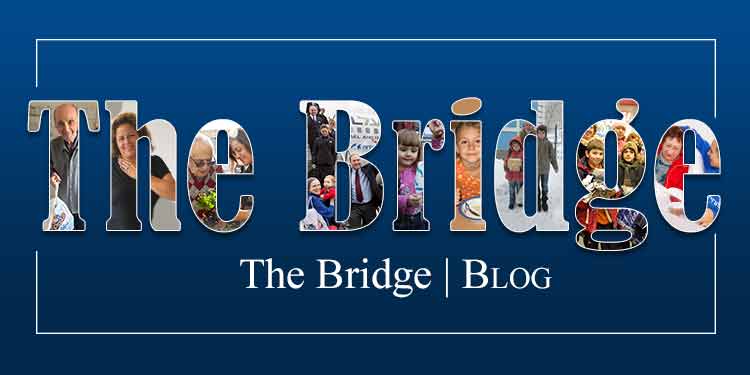Israelis You Should Know: Abraham Sutzkever
The Fellowship | May 8, 2015

Name: Abraham Sutzkever
Life: July 15, 1913 – January 20, 2010
Known for: Sutzkever is an acclaimed Yiddish poet; he has been called “the greatest poet of the Holocaust.”
About him: Abraham Sutzkever was born in modern-day Belarus (what was then part of the Russian Empire) in 1913. During World War I, his family fled to Siberia, where his father passed away, and three years after the war, Sutzkever moved to Lithuania with his mother. He began writing poetry at a young age, and his first volume of Yiddish poetry was published in 1937.
Sutzkever got married in 1939 one day before World War II broke out. In 1941, he and his wife were sent to the Vilna Ghetto. Here, he was ordered by the Nazis to round up important Jewish manuscripts, but Sutzkever and his friends instead hid important Jewish works – including a diary by Theodor Herzl – in the walls of the ghetto.
He and his wife fled the ghetto in 1943 and were airlifted to Moscow, where Sutzkever wrote a chronicle of his experiences in the ghetto. They then traveled to Poland and Paris before settling in Tel Aviv in 1947. Sadly, his mother and son did not survive the ghetto.
While in Israel, he continued writing poetry primarily in Yiddish, though Hebrew was the country’s primary language. He founded and edited Israel’s leading Yiddish literary journal, and in the 1970s, began writing a series of poems entitled Lider fun togbukh (“Poems from a Diary, 1974–1981”), which many consider to be his masterpiece. The theme in many of these poems is that destroyed societies can be reborn, and those who were murdered in the Holocaust live on in the memories of the survivors. His poems have been republished in 30 languages.
In 1985, Sutzkever was awarded the Israel Prize for Yiddish literature. He passed away in 2010, and is survived by his two daughters and two grandchildren.
His impact: “In the post-war world, he was the most important Jewish poet and a world class poet in general.” – Dr. Paul Glasser, associate dean of the Max Weinreich Center for Advanced Jewish Studies at the YIVO Institute for Jewish Research in Manhattan.
